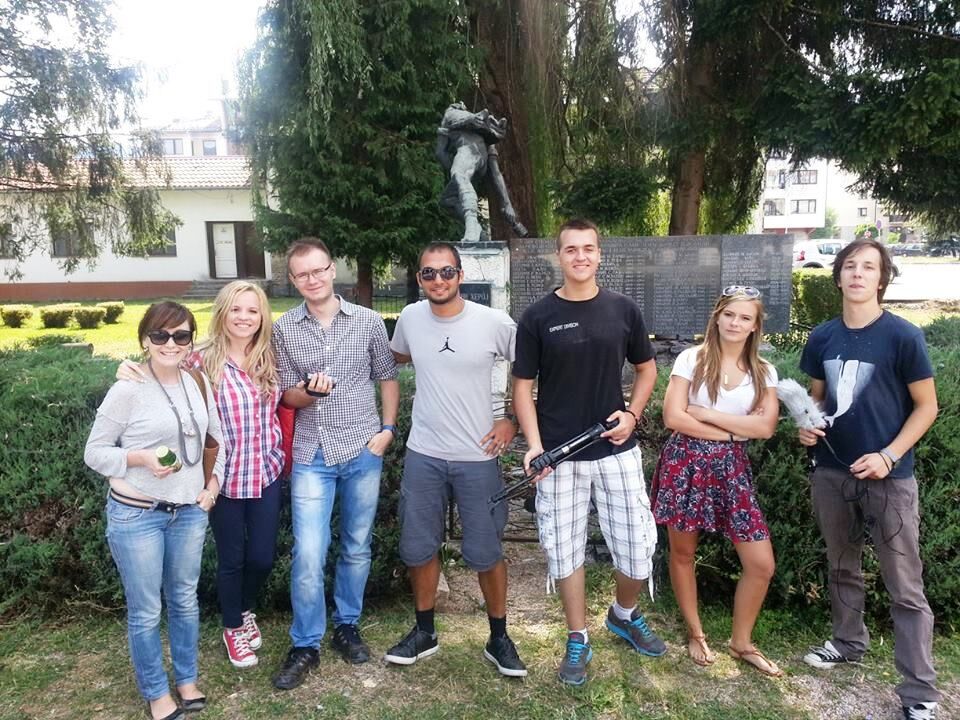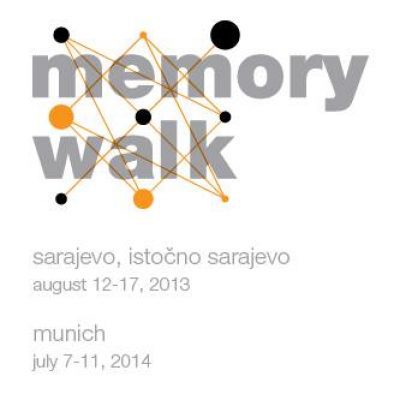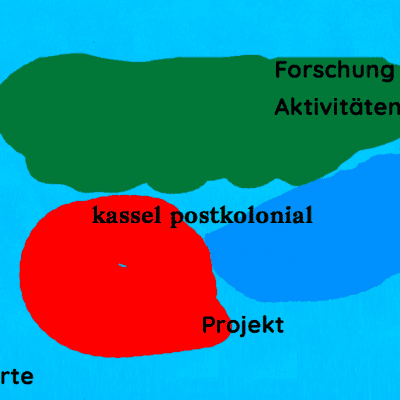Article
Memory Walk was an educational 5- day film workshop with youth in Bosnia and Herzegovina to encourage a reflective and critical stance towards the war memorials. The Memory Walk workshop is an educational approach that encourages youth to critically reflect on the monuments and contested histories in their living environment.
The Memory Walk workshop is an educational approach that encourages youth to critically reflect on the monuments and contested histories in their living environment.
These youth are trained to conduct research on these monuments, explore the meaning of the monument, determine their relevance for today, and interview locals about the relevance for their communities. Creating short video clips strengthens their historical awareness, as they are examining the story behind the monuments and presenting it through their own voices. It also aims to develop creative and practical skills, such as researching, film making, interviewing and presenting.

This workshop aimed to counter aforementioned trends and to encourage a critical stance towards the process of memorialization, to focus on alternative ways of remembering and to promote a more inclusive reflection on past, present, and future across ethnic and geographic boundaries.
One of the ultimate aims was to use the discussion about memorialization in Sarajevo and Istočno Sarajevo as a means for a constructive dialogue between youngsters coming from different backgrounds and cities, to increase knowledge and understanding about complex issues related to history memory and its misuse in the present, and to reflect on the roles and responsibilities of the youth towards public remembrance.
Today, young people in Bosnia-Herzegovina continue to struggle with the legacy of the war in the 1990s. Stuck between a troublesome past and an uncertain future, they are confronted with a socio-political environment heavily divided along ethno-national lines. Widespread distrust and fear continue to be perpetuated in politics, media, education, and the commemorative landscape, leaving little narrative space for the youth to voice their opinion nor their concerns.
Exploring monuments in both Sarajevo and Istocno-Sarajevo proved to be a unique opportunity for many participants to visit parts of their country they never visited before and to discuss the monuments they found there.




